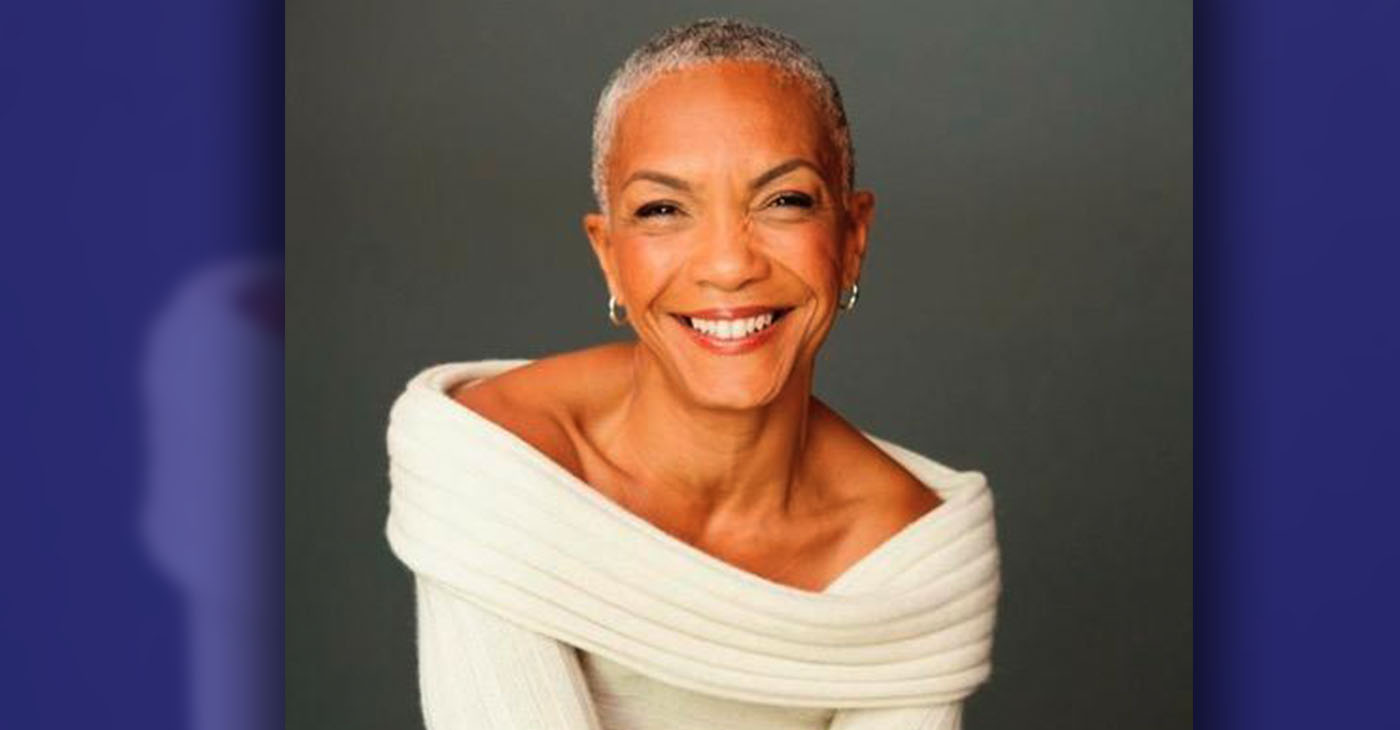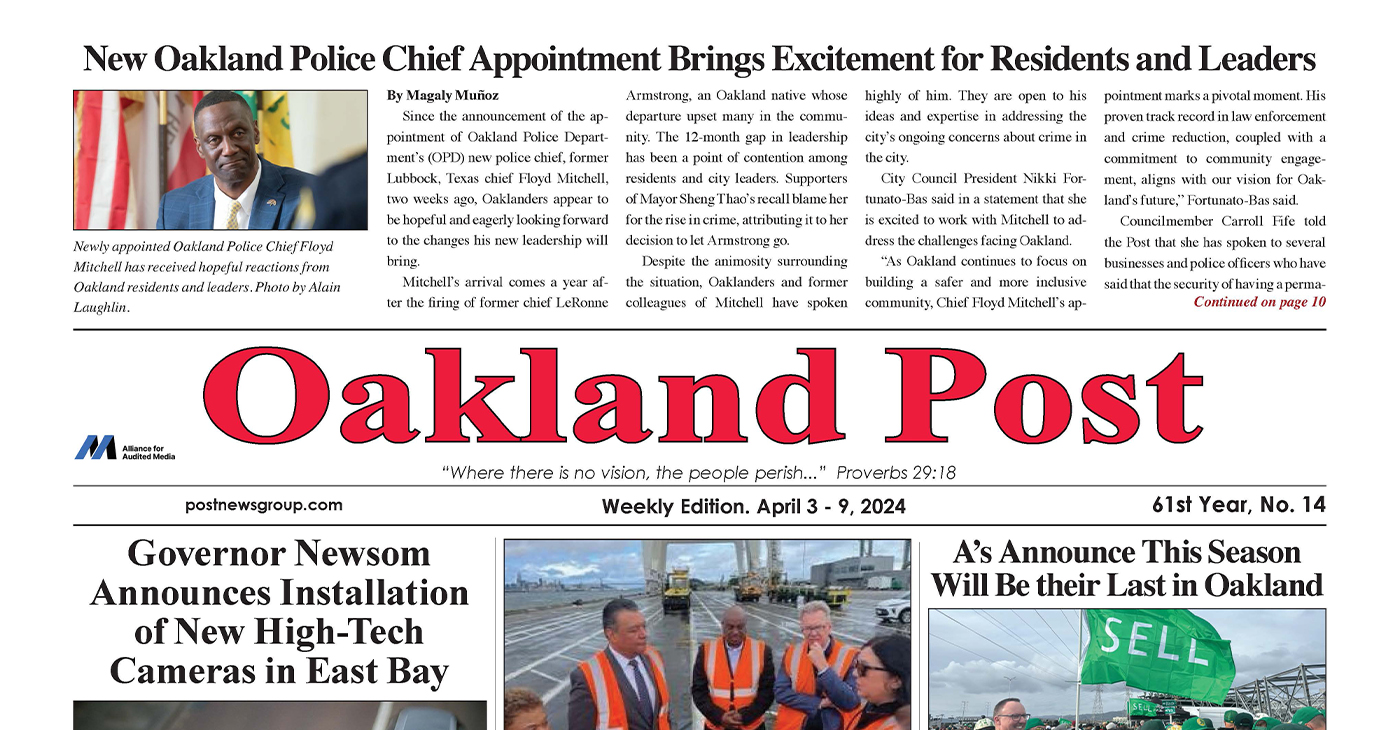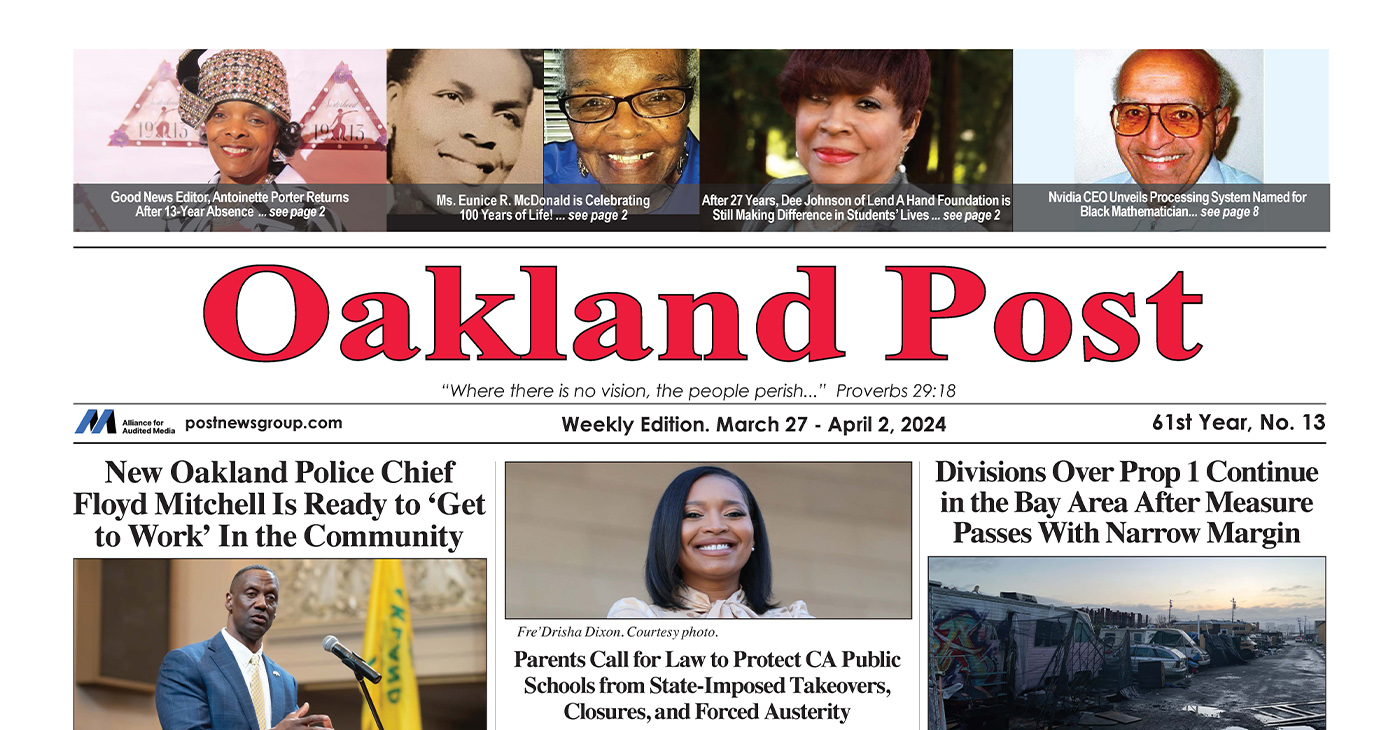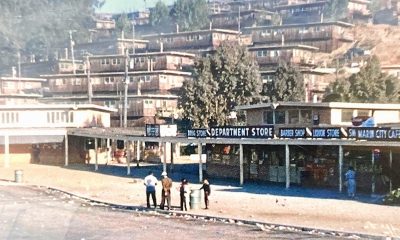Activism
Make Mental Wellness Part of Total Health for Black Communities
The pandemic has propelled health inequity and racism into news headlines and helped spark national conversations about the health disparities that face the Black, Indigenous, and People of Color (BIPOC) communities. The impact of decisions about the treatment we receive or deserve are often driven by racism and the resulting implicit bias that individuals who have sworn to take care of their patients often harbor. And this affects our physical, mental, and emotional health and ultimately health outcomes.

By Rhonda Smith
The next phase of the COVID-19 pandemic in California has arrived. As the state begins to implement its SMARTER Plan, protecting ourselves and our communities from COVID-19 and its fast-spreading variants through vaccination can ensure better outcomes for us all.
Despite mask mandates ending, we must continue to spotlight the importance of keeping Black and African Americans healthy and encourage our community to think about being more proactive about our overall health and well-being. We can start by focusing on our whole selves—our physical, mental, and emotional health.
The pandemic has propelled health inequity and racism into news headlines and helped spark national conversations about the health disparities that face the Black, Indigenous, and People of Color (BIPOC) communities. The impact of decisions about the treatment we receive or deserve are often driven by racism and the resulting implicit bias that individuals who have sworn to take care of their patients often harbor. And this affects our physical, mental, and emotional health and ultimately health outcomes.
A reflection on our historical relationship with the medical community has certainly warranted the level of distrust of the healthcare system, and the many stories of outright racism and discrimination experienced in the past.
One example is Dr. James Marian Sims, who performed surgeries and experiments on Black women without their permission or anesthesia. Another example, which many of us are familiar with, is the Tuskegee Syphilis Study, which was administered by the U.S. Public Health Service from 1932 to 1972 to better understand syphilis.
During the four decades, hundreds of Black men in Tuskegee, Alabama, were injected with the disease without giving their consent; and even once penicillin became a common syphilis treatment, they were left untreated.
Our distrust of the healthcare system has been further shaped by present-day experiences, with many Blacks and African Americans saying they have experienced racism during a medical visit or that their physical pain or discomfort is frequently ignored.
Unfortunately, our healthcare system has often disregarded BIPOC patient needs, and systemic racism has morphed into a true public health crisis. Despite this, as Blacks and African Americans, we have persisted. Our individual and cultural resilience equips us to persevere and survive in a system built on a foundation of discriminatory design.
As part of our culture and heritage, we have relied on an oral tradition that passes on stories about how we should care for ourselves and remedies that heal our ailments. I hear many of these stories through our network and I heard them in my own family. We have relied on our own learnings; and in some instances, we have relied on our faith. And through it all, we have found ways to maintain our health and wellness.
However, we are weathered, and enduring resiliency is hard. If we are not whole, we are not healthy. If we are not healthy, we cannot be resilient.
Resilience is an element of mental health, and our whole health comprises elements of physical, mental, and emotional wellness. This means our whole health needs to be a priority, not only one dimension or another. We must invest in our individual health and wellbeing and make it a priority so that our families, community, and all of us will be healthier and live longer.
We must look to the past to inspire a better future so that we can rewrite our heath history here in California. I appreciate the state’s COVID-19 awareness campaign which has sought to address mental health concerns and other issues that impact us by partnering with African American and Black medical experts and advocates for community conversations.
These conversations have provided a platform for discussion and opportunities to educate, dispel misinformation and break stigmas.
We are not strangers to race-based adversity, and its impact on our health and wellbeing. Racism, health inequities inequity, police brutality, and residential redlining each affect public health in its own unique way. Yet we continue to persevere.
Black History Month was a time to remember our past, honor our heroes, celebrate our great legacy of achievement. The theme for the month this year was “Black Health and Wellness”, and it was meant for us to prioritize total wellness and build a healthier history for us now and for generations to come.
For more about COVID-19, including guidance on masking and testing, visit covid19.ca.gov. You should also visit covid19.ca.gov or the CDC.gov more timely, accurate information about the pandemic. To schedule an appointment for a vaccination or a booster, visit MyTurn.ca.gov, or call 1-833-422-4255.
Rhonda Smith, executive director of California Black Health Network
Activism
Oakland Post: Week of April 10 – 16, 2024
The printed Weekly Edition of the Oakland Post: Week of April 10 – 16, 2024

To enlarge your view of this issue, use the slider, magnifying glass icon or full page icon in the lower right corner of the browser window. ![]()
Activism
Oakland Post: Week of April 3 – 6, 2024
The printed Weekly Edition of the Oakland Post: Week of April 3 – 6, 2024

To enlarge your view of this issue, use the slider, magnifying glass icon or full page icon in the lower right corner of the browser window. ![]()
Activism
Oakland Post: Week of March 27 – April 2, 2024
The printed Weekly Edition of the Oakland Post: Week of March 27 – April 2, 2024

To enlarge your view of this issue, use the slider, magnifying glass icon or full page icon in the lower right corner of the browser window. ![]()
-

 Activism4 weeks ago
Activism4 weeks agoOakland Post: Week of March 20 – 26, 2024
-

 #NNPA BlackPress3 weeks ago
#NNPA BlackPress3 weeks agoCOMMENTARY: D.C. Crime Bill Fails to Address Root Causes of Violence and Incarceration
-

 #NNPA BlackPress3 weeks ago
#NNPA BlackPress3 weeks agoMayor, City Council President React to May 31 Closing of Birmingham-Southern College
-

 #NNPA BlackPress3 weeks ago
#NNPA BlackPress3 weeks agoFrom Raids to Revelations: The Dark Turn in Sean ‘Diddy’ Combs’ Saga
-

 #NNPA BlackPress3 weeks ago
#NNPA BlackPress3 weeks agoCOMMENTARY: Lady Day and The Lights!
-

 #NNPA BlackPress3 weeks ago
#NNPA BlackPress3 weeks agoBaltimore Key Bridge Catastrophe: A City’s Heartbreak and a Nation’s Alarm
-

 #NNPA BlackPress3 weeks ago
#NNPA BlackPress3 weeks agoBaltimore’s Key Bridge Struck by Ship, Collapses into Water
-

 Activism3 weeks ago
Activism3 weeks agoOakland Post: Week of March 27 – April 2, 2024














































